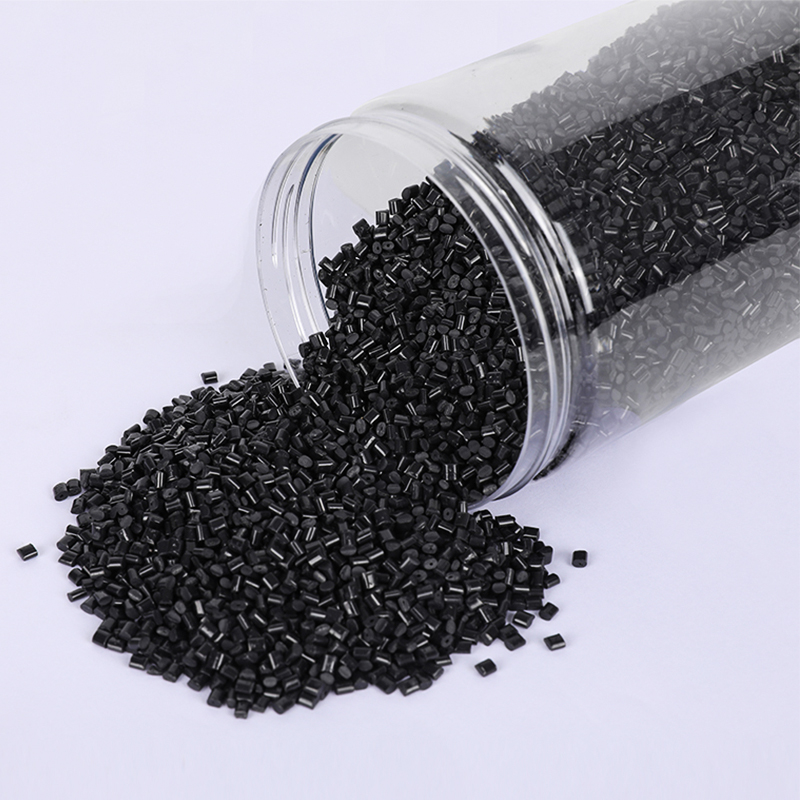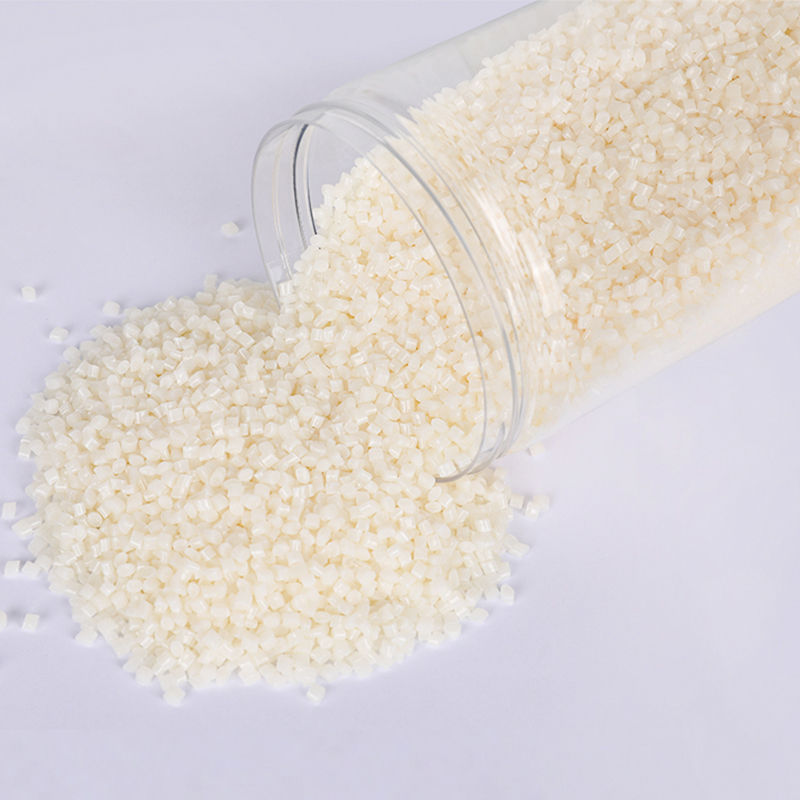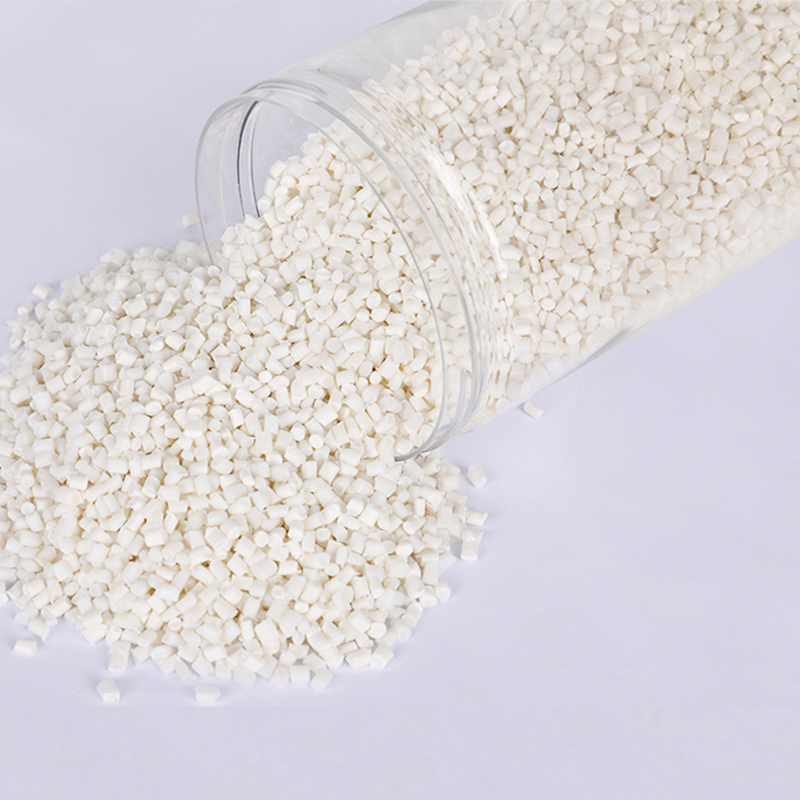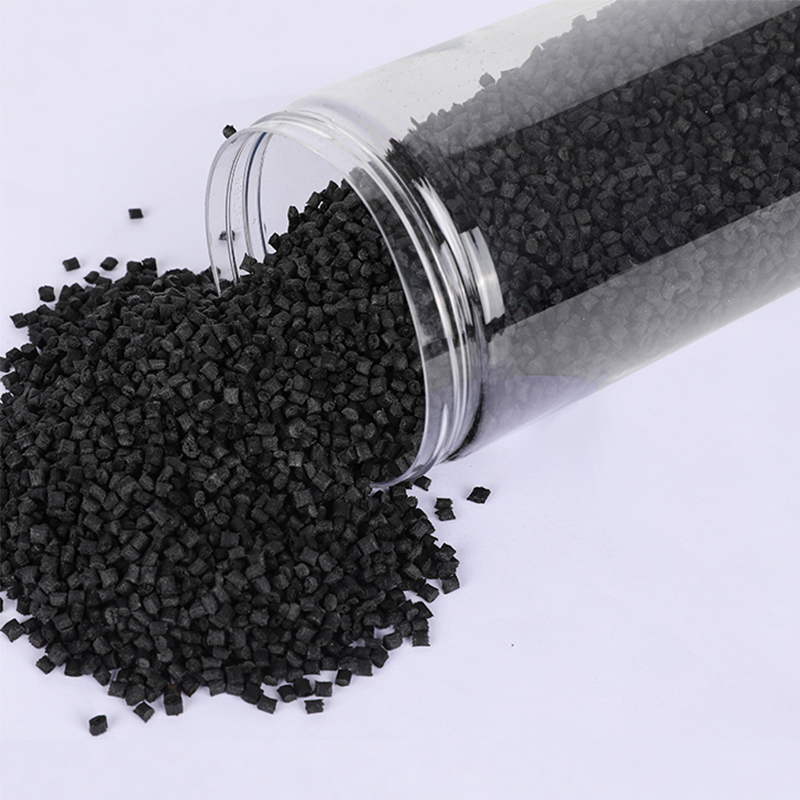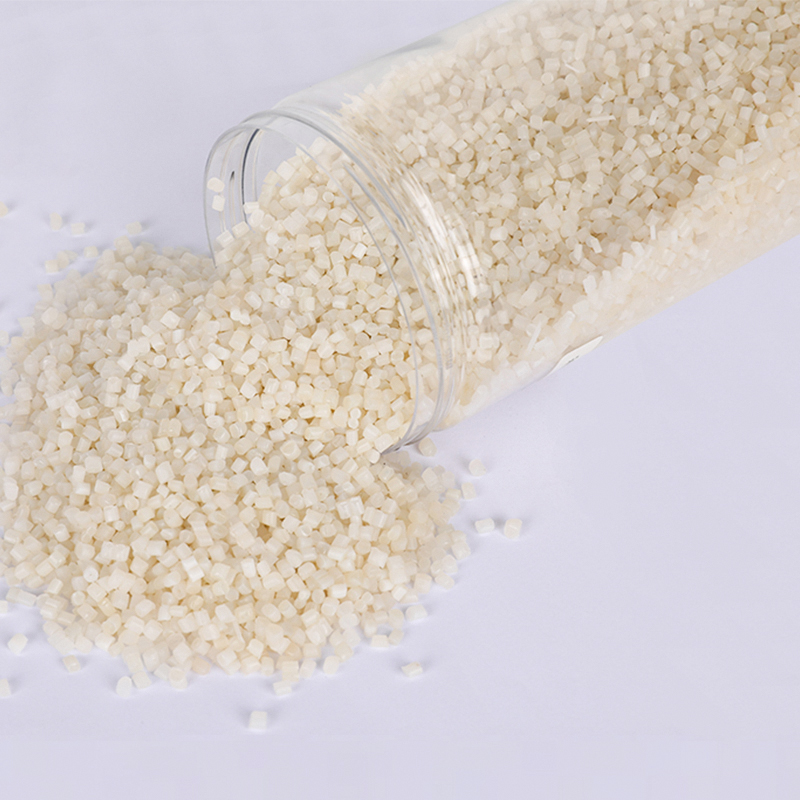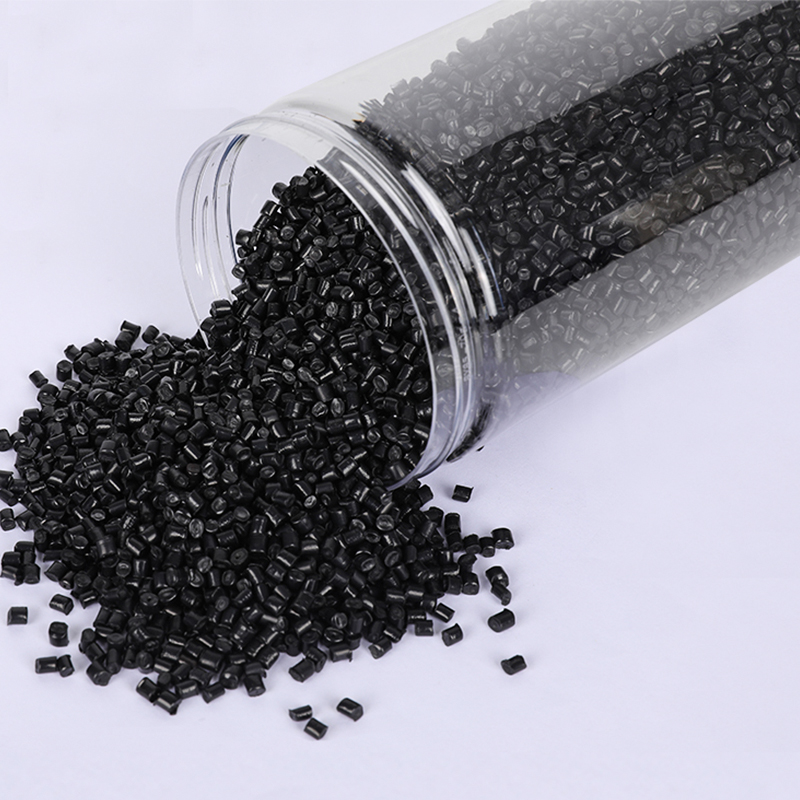Stay up to date with our recent products
Web Menu
Product Search
Exit Menu
Recycled Polyethylene Resin: The Eco-Friendly Alternative to Virgin Plastic
In recent years, the global conversation around plastic waste has intensified. With environmental concerns at an all-time high, industries are under pressure to reduce their carbon footprints and shift towards more sustainable practices. One of the key players in this transformation is recycled polyethylene resin, a material that is emerging as a viable, eco-friendly alternative to virgin plastic. This article will explore what recycled polyethylene resin is, its benefits, its role in reducing plastic waste, and how it is changing the landscape of manufacturing and packaging industries.
What is Recycled Polyethylene Resin?
Polyethylene is one of the most commonly used plastics globally, often seen in products such as plastic bags, bottles, and containers. It exists in two major forms: Low-Density Polyethylene (LDPE) and High-Density Polyethylene (HDPE). Recycled polyethylene resin refers to polyethylene that has been recovered, cleaned, and processed from used plastic products, turning them into new materials ready for reuse in manufacturing.
Recycled polyethylene resin can be derived from post-consumer recycled (PCR) plastic or post-industrial recycled (PIR) plastic. PCR plastic comes from products that have already been used by consumers, such as plastic packaging and bottles, while PIR plastic comes from manufacturing processes where excess or unused plastic is reclaimed.
The Environmental Benefits of Recycled Polyethylene Resin
One of the main reasons recycled polyethylene resin is being adopted in industries worldwide is its significant environmental benefits. By using recycled materials instead of virgin plastic, manufacturers can drastically reduce their environmental impact in the following ways:
1. Reduction in Plastic Waste
The most immediate benefit of using recycled polyethylene resin is its ability to divert plastic waste from landfills and oceans. Since polyethylene is a durable material that takes hundreds of years to degrade, recycling it reduces the amount of plastic waste that ends up in the environment.
2. Lower Carbon Footprint
The production of virgin plastic requires a large amount of energy and natural resources, including petroleum. By using recycled polyethylene resin, manufacturers save energy and reduce greenhouse gas emissions. Recycled plastics typically require less energy to process than new plastics, thus reducing the carbon footprint associated with their production.
3. Conservation of Natural Resources
By recycling polyethylene, we reduce the need for raw materials such as crude oil, a finite and non-renewable resource. Using recycled plastic instead of virgin plastic conserves natural resources and reduces the environmental damage caused by resource extraction processes.
4. Reduction in Water Usage
The manufacturing process of virgin plastics often requires a significant amount of water. In contrast, the recycling of polyethylene reduces water consumption, contributing to overall water conservation efforts.
The Economic Impact of Recycled Polyethylene Resin
While the environmental advantages are significant, recycled polyethylene resin also brings economic benefits to industries and consumers.
1. Cost Efficiency
Recycled polyethylene is generally less expensive to produce than virgin plastic. The recycling process requires fewer resources, lower energy consumption, and reduced labor costs, making it an affordable alternative. This cost-saving aspect has made recycled polyethylene increasingly attractive to manufacturers.
2. Market Demand for Sustainable Products
As consumers become more environmentally conscious, demand for sustainable and eco-friendly products continues to rise. By switching to recycled polyethylene resin, businesses can appeal to this growing market segment, improving their brand reputation and consumer loyalty.
3. Job Creation
The growth of the recycling industry has created a significant number of jobs in sorting, cleaning, and processing recycled plastic. This has contributed to local economies and helped promote a more sustainable industry ecosystem.
Challenges in Recycled Polyethylene Resin Adoption
While the benefits of recycled polyethylene resin are clear, there are still challenges that need to be addressed before it can become a universal replacement for virgin plastic.
1. Quality and Contamination Issues
Recycled polyethylene resin can sometimes suffer from quality issues. Contaminants such as food residue or non-plastic materials can compromise the integrity of recycled plastics. Sorting and cleaning processes are necessary to ensure the quality of the recycled product, but this adds additional costs and complexity to the recycling process.
2. Limited Recycling Infrastructure
In many parts of the world, the infrastructure for collecting, sorting, and recycling polyethylene is still underdeveloped. Many recycling systems focus primarily on single-use plastics, leaving other forms of polyethylene, like shrink wrap or multi-layer packaging, unrecycled. Expanding and improving recycling infrastructure is key to making recycled polyethylene resin more accessible and cost-effective.
3. Supply and Demand Imbalance
While the demand for recycled polyethylene resin is growing, there is often not enough high-quality recycled material to meet this demand. This supply-demand imbalance can make it difficult for manufacturers to rely solely on recycled polyethylene resin, forcing them to continue using virgin plastic for certain applications.
How Recycled Polyethylene Resin is Shaping Industries
The growing use of recycled polyethylene resin has begun to reshape entire industries, particularly those that rely heavily on plastic packaging and consumer products.
1. Packaging Industry
The packaging industry has been one of the biggest adopters of recycled polyethylene. Many companies in food and beverage packaging are turning to recycled polyethylene for bottles, containers, and film packaging. This shift not only helps reduce the environmental impact of packaging but also satisfies growing consumer demand for sustainable products.
2. Construction Industry
In the construction sector, recycled polyethylene is used in a variety of applications, including insulation, flooring, and plastic lumber. Using recycled materials in construction reduces waste and offers a durable, cost-effective alternative to traditional building materials.
3. Consumer Goods Manufacturing
Many manufacturers of consumer goods are now using recycled polyethylene for items like toys, furniture, and household products. This trend reflects the increased focus on sustainability and the desire for eco-friendly products.
The Road Ahead: Innovations in Recycled Polyethylene Resin
The future of recycled polyethylene resin looks promising, with numerous innovations aimed at improving its quality, efficiency, and availability.
1. Advanced Recycling Technologies
Emerging technologies like chemical recycling, which breaks down plastics into their chemical components for reuse, hold promise for improving the quality of recycled polyethylene resin. These technologies can help overcome some of the contamination and degradation issues faced by traditional mechanical recycling processes.
2. Collaborative Efforts
Global collaborations between manufacturers, governments, and environmental organizations are key to accelerating the adoption of recycled polyethylene. By investing in better recycling systems, supporting legislative measures that encourage recycling, and advancing research in material science, industries can collectively work towards a more sustainable future.
3. Consumer Education
Educating consumers on the benefits of recycled polyethylene and the importance of recycling programs is vital to increase the supply of high-quality recycled plastic. As more people embrace recycling, the amount of material available for reuse will increase, driving the market for recycled polyethylene resin.
Conclusion
Recycled polyethylene resin is quickly emerging as an eco-friendly alternative to virgin plastic, offering significant environmental and economic benefits. Its role in reducing plastic waste, conserving natural resources, and lowering carbon footprints is crucial in the fight against plastic pollution. However, challenges such as contamination and limited recycling infrastructure must be overcome to fully realize its potential. With continued advancements in recycling technologies and increased consumer demand for sustainable products, recycled polyethylene resin will likely play an integral role in shaping the future of a circular economy and a more sustainable world.
As China PCR Recycled Plastic Granules Factory, We always adhere to the experience and philosophy of "keeping up with the times, constantly innovating, developing efficiently, and cooperating for mutual benefit"

Address: No.11, Wangzhuang Section, Provincial Road 01, Daqiao New Area, Economic Development Zone, Haiyan County, Jiaxing City, Zhejiang Province, China
Phone: +86-18058285678
Fax: +86-0573-86868101
E-mail: [email protected]
SUNRISE GROUP(Overseas Exclusive Agent)
www.sunrisechemical.com
2024 ICIS Global Chemical Distributor Top 8
Export Sales Manager:Helen Zhang
Mob/Whatsapp: +86 19883063465
Email: [email protected]
Copyright © Jiaxing Anyiju Plastic Industry Co., Ltd. All Rights Reserved

 简体中文
简体中文 English
English

